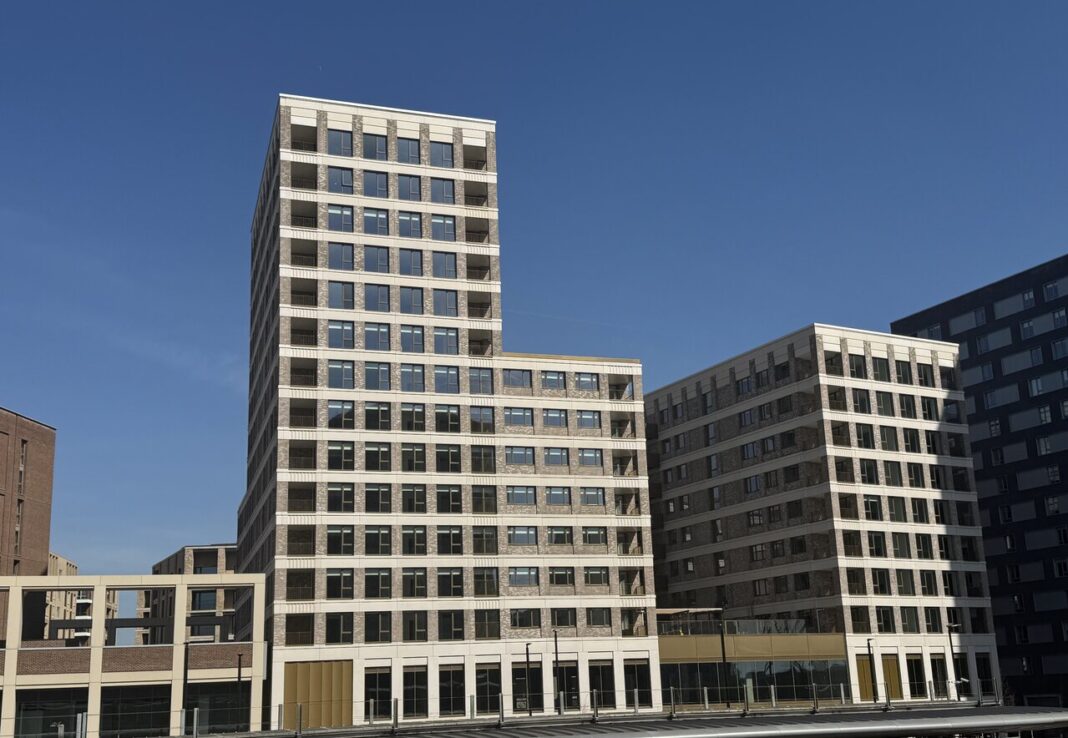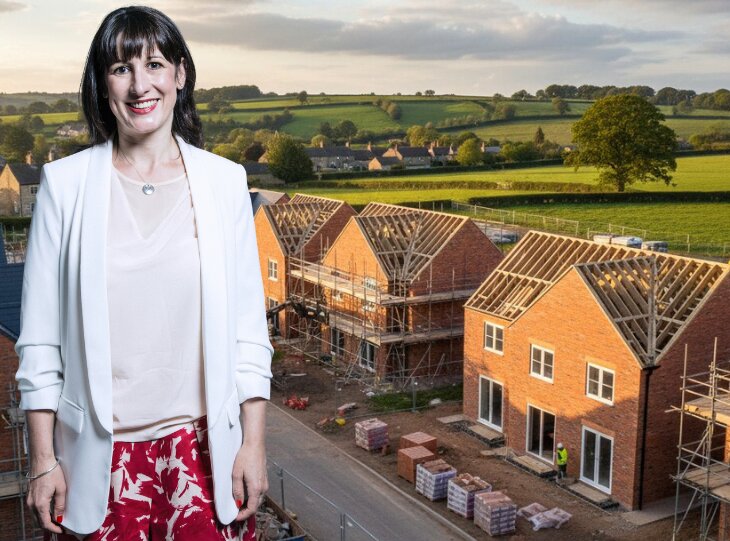More than one in five adults in the UK – around 11.5 million people – now live with chronic loneliness, according to new figures from the Office for National Statistics (ONS) and the UK National Wellbeing Survey 2025.
The findings highlight the growing impact of social isolation on public health and are prompting calls for housing design to play a greater role in tackling the problem.
The survey shows that loneliness is no longer confined to older generations. Young adults aged 16 to 29 report the highest levels of chronic loneliness, with 31% saying they “often or always” feel lonely.
Middle-aged adults (40-59) are also affected, with 20% reporting persistent loneliness, while 18% of those aged 65 and over remain vulnerable due to bereavement, ill health and reduced mobility.
CHRONIC LONELINESS
Public health experts warn that chronic loneliness has serious consequences, linking it to an increased risk of heart disease, stroke, dementia and weakened immunity.
Against this backdrop, developers are being urged to rethink how homes and neighbourhoods are built.
Love to Rent Week 2025, which runs from 29 September to 3 October, is showcasing how the fast-growing Build to Rent sector is responding.
Unlike traditional private rentals, Build to Rent developments are designed to foster community as much as provide housing.
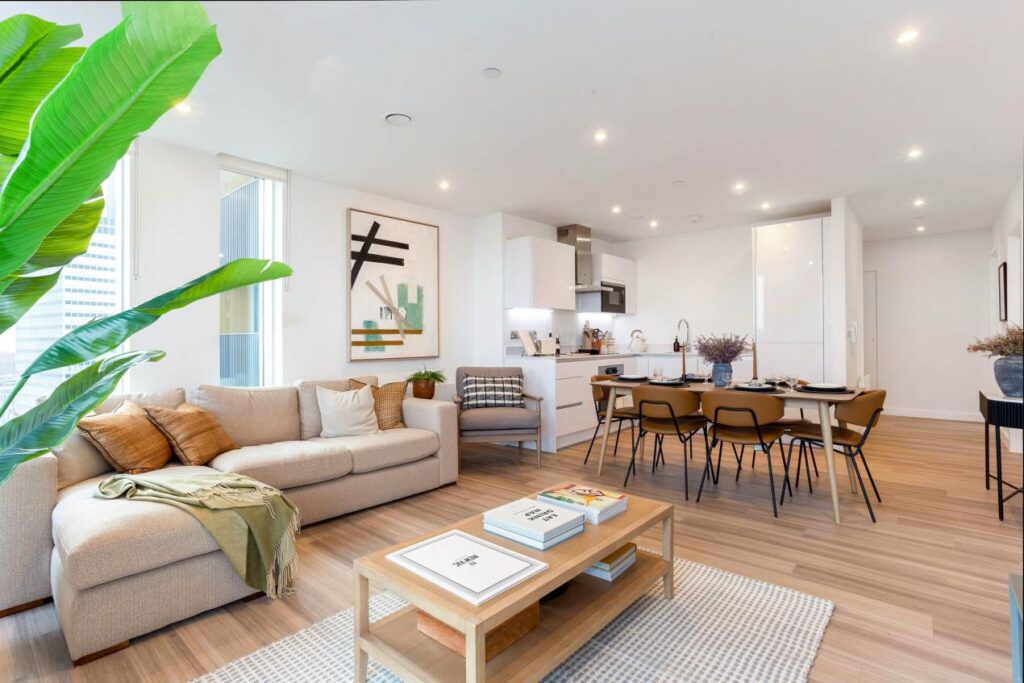
Communal lounges, rooftop gardens, co-working spaces and social events are increasingly being built into schemes to encourage residents to connect.
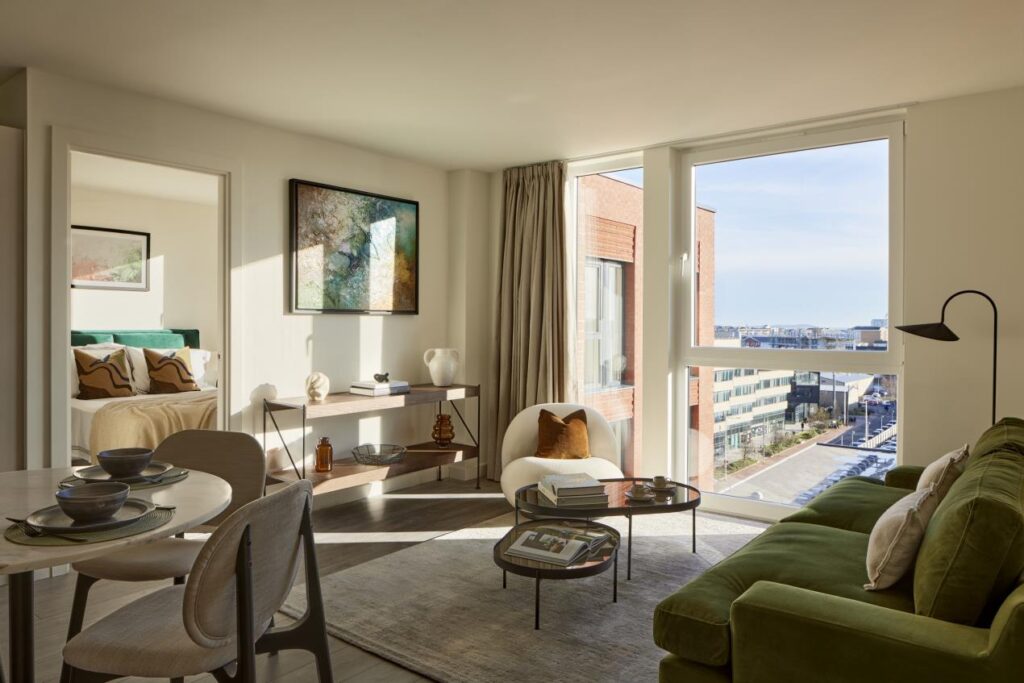
Single-Family Rental neighbourhoods, co-living options and later-living schemes are also emerging as models designed to suit families, young professionals and older adults alike.
Supporters argue this shift is crucial to tackling isolation, particularly in cities where transient populations and remote working can heighten disconnection.
“Find the home that fits your life” is the theme of this year’s campaign, which highlights how purpose-built communities can support people at every life stage.
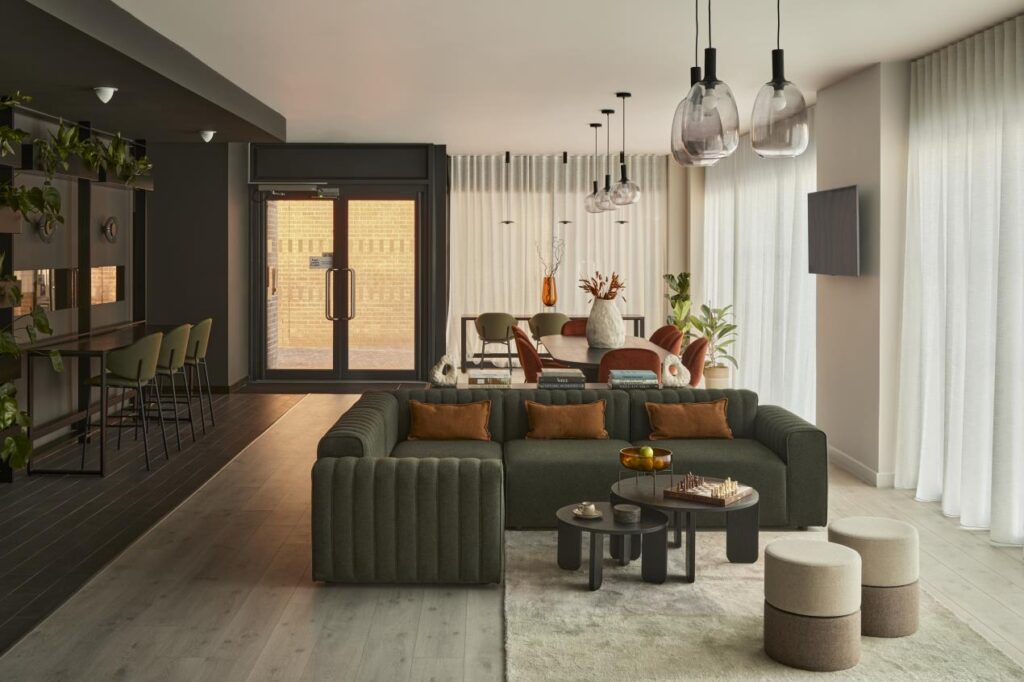
By combining high-quality housing with shared spaces and community initiatives, the Build to Rent model is being positioned as part of the solution to one of the country’s most pressing social and health challenges.



